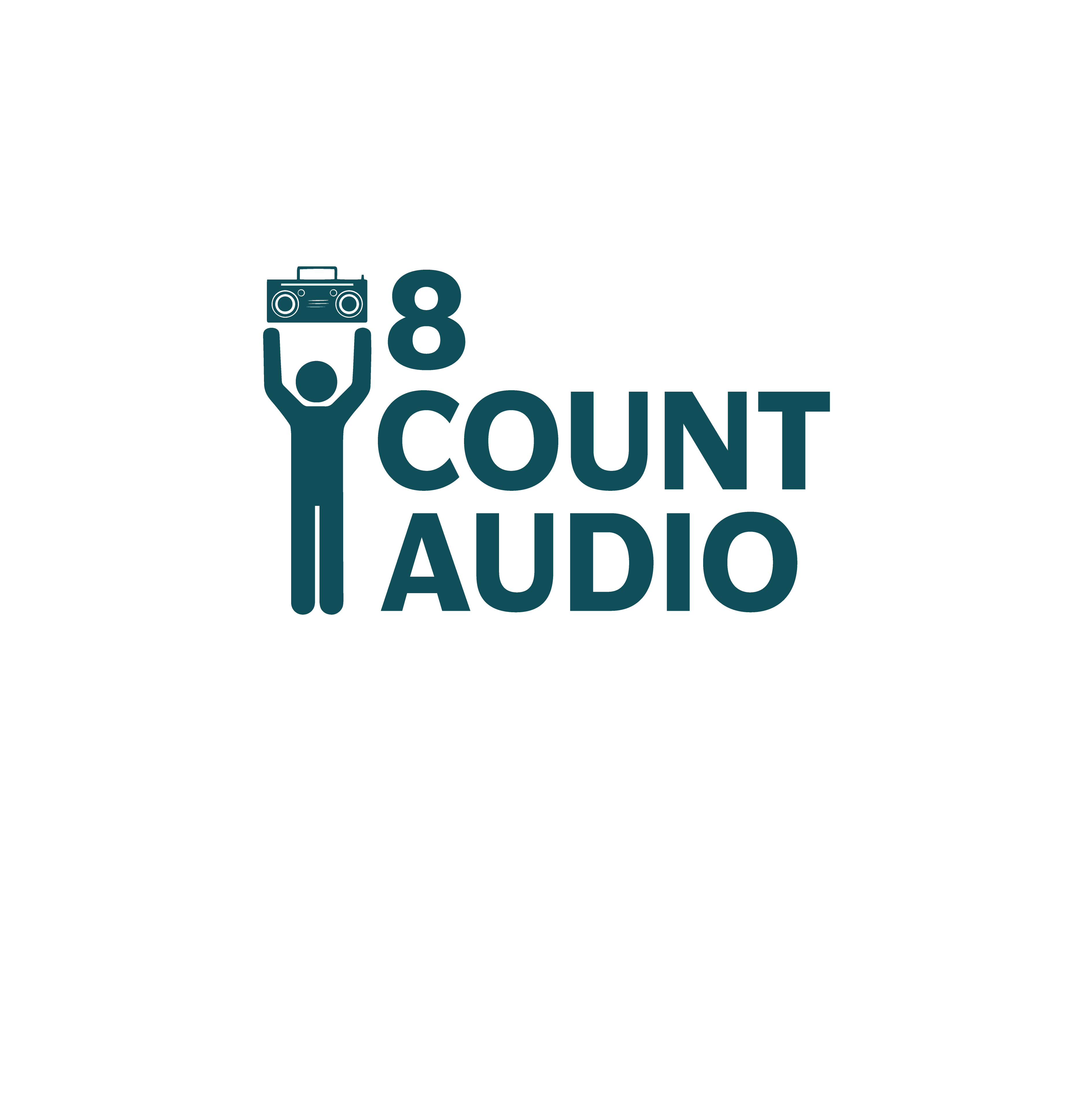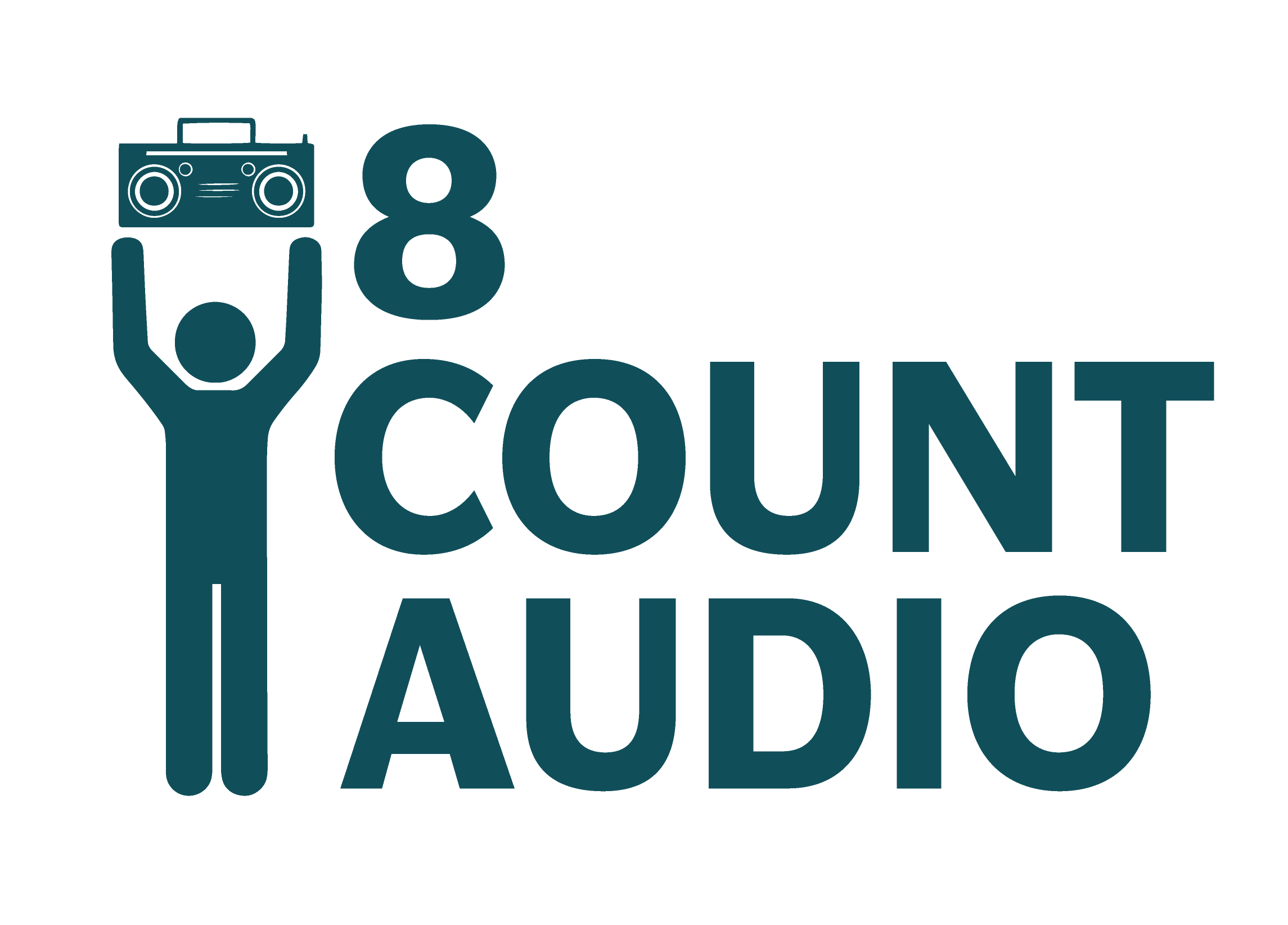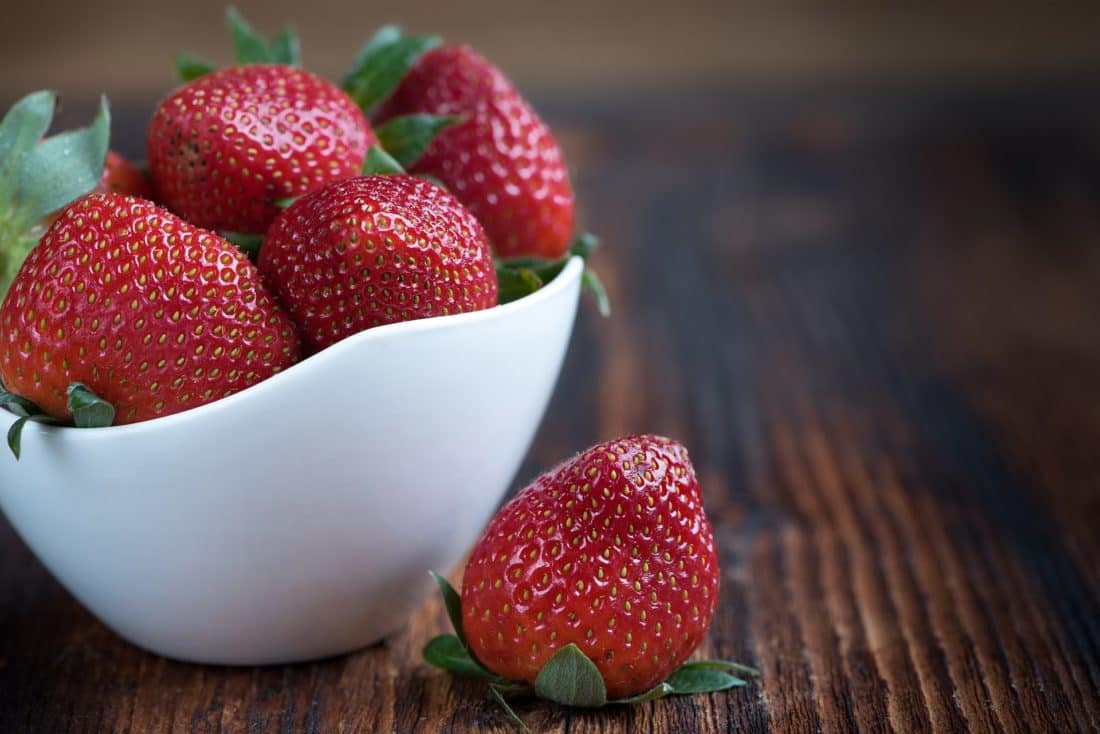Nutrition Tips for Dancers
by Kaitlyn Winters / 8CA.Staff.Writer
Proper nutrition can be challenging as a competitive dancer. With crazy schedules, you can find yourself driving from practice to rehearsals, or spending ten hour days dancing at conventions. Due to this, you might find yourself picking up whatever is fast (and often unhealthy) or forgetting to eat all together. As dancers, health is one of the most important parts of being successful. Everything we do revolves around range of motion and stamina, so food is a driving force. Here are some of my personal tips that have helped me feel and perform my best in the past.
FOCUS ON…
“Healthy” fast food
While it is ideal that you plan ahead and bring a healthy homemade dinner and snacks on busy dance nights, there will always be days that you forget. Luckily, on those rare occasions there actually are ways to eat fast food in a fairly healthy way. If you are craving a Chick-Fil-A chicken sandwich, do not deprive yourself of going, just choose grilled instead of crispy. Alone, that will save you 150 calories, 15mg of cholesterol, and 800mg of sodium. While Panera is known to have meals high in sodium, choosing a power kale caesar salad or roasted turkey avocado BLT contain some of the lowest amounts on the menu and therefore will leave you feeling less weighed down and bloated during rehearsals and halftime performances. Just take time to do your research (NOT only looking at calories, but the ingredients that make up those calories).
Good carbs
We know that carbs are recommended for athletes, but there is a huge difference between the way the body processes “good carbs” vs “bad carbs.” Bad carbs include anything highly processed such as white bread and pasta, sugary drinks, and candy or sugary cereals. Good carbs will be less processed and be high in fiber and stimulate metabolism, such as brown pasta and rice, oatmeals, fruits, and vegetables.
Healthy fats
The word fat has a negative connotation, however healthy fats are crucial for a healthy diet. Incorporating good fats in a diet leaves you feeling fuller longer, and are one of the most substantial energy supplies for long workouts. Some great options include avocados, eggs (with the yolk), chia seeds, olive oil (especially replacing butter), and nuts. They are actually fairly easy to incorporate and will help curb the desire to eat more unhealthy options. They are also great for repair post workout.
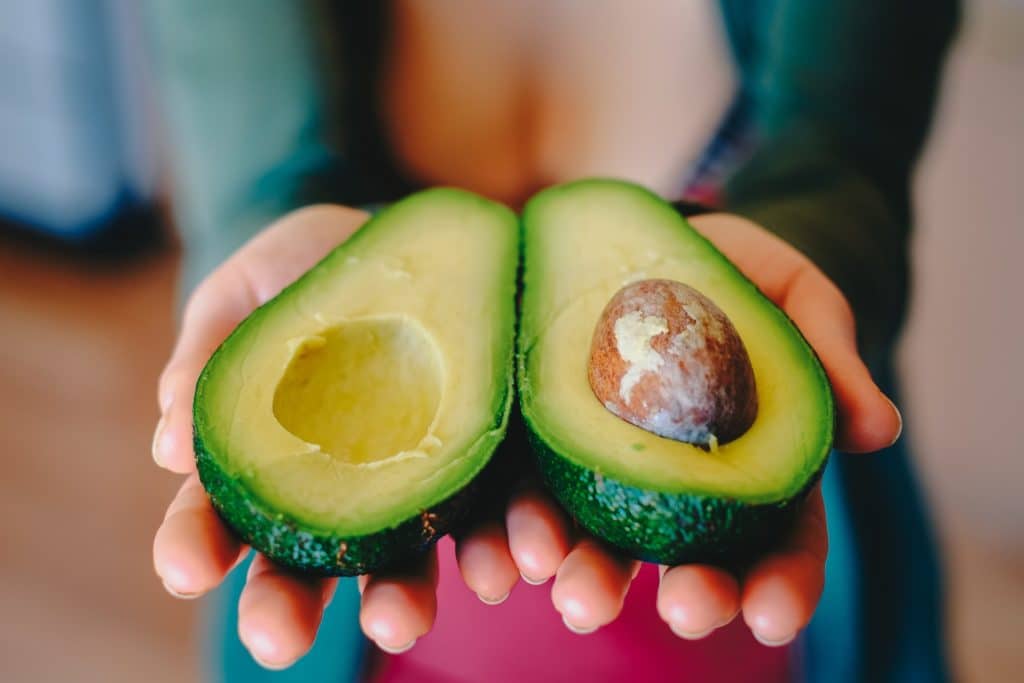
Dairy
While so many people are afraid of dairy, worrying about it causing weight gain, hormonal imbalance, and bloating, it is actually a crucial part of any athlete’s diet. There are very few foods that can provide the amounts of calcium that dairy products do. Calcium is crucial in muscle repair, so drinking a glass of milk after a workout has been shown to improve athletic performance the next day as well as improved muscle growth. Muscle contractions are caused by the passing of calcium, so if you are deficient it can lead to muscle fatigue. The lactose in dairy is also a great healthy carbohydrate.
Water
You hear it all the time, but that is because it really is so important in athletic performance. Not only will it drastically increase your energy and help you avoid mid workout fatigue, but it will help you avoid feeling hungry when you are not and having unhealthy cravings. Find a way to take in more water by eating fruit or chia seeds.
TRY TO AVOID:
Coffee/ caffeine
Another tip you hear a lot. Caffeine is dehydrating, leads to energy spikes and crashes, unhealthy hunger suppression, and headaches. Try replacing it with herbal teas or water, or at least slowly decreasing your use of it during the day. Rather than having three cups of coffee, try only having one in the morning.
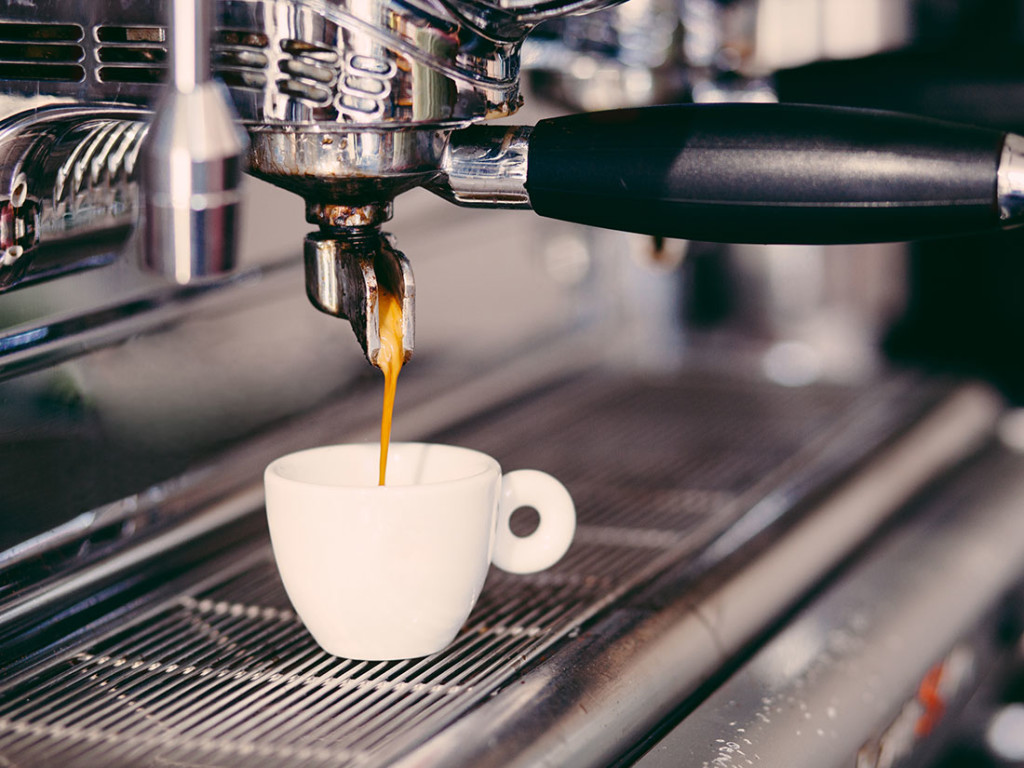
Premade smoothies
Grabbing a “naked juice” at the grocery store or gas station in the morning may be easy and look like a healthy option by first glance, but they include many ingredients you probably want to avoid. They are extremely high in sugar, which will cause a spurt of energy but a crash short after. Consuming too much sugar will also cause unhealthy weight gain by fat rather than healthy muscle weight gain. Excess sugars will also lead to headaches and nausea that will make you struggle during practice.
Bad protein bars
Energy and protein bars can be great options at times for snacks between meals and before and after dance. Just be careful which ones you choose. Go for the most natural brands with good ingredients. Many are filled with unhealthy chemicals and sugars that can actually cause you to feel weighed down. Quest bars are a great option since they have no added sugars, are gluten free, and low in wasted calories. If you are looking for a dessert protein source, the MuscleTech protein cookies are also very satisfying, with 18g of protein and 8g of dietary fiber.
Sodium
For a normal person, it is recommended that you only consume 1500-2300mg of sodium a day. I find that this adds up very fast and can be one of the hardest levels to maintain, since we are a nation that generally loves salt. Sodium leads to the feeling of bloating and being weighed down (which will not help you when you are trying to push through a million jumps and leaps in a competition routine).
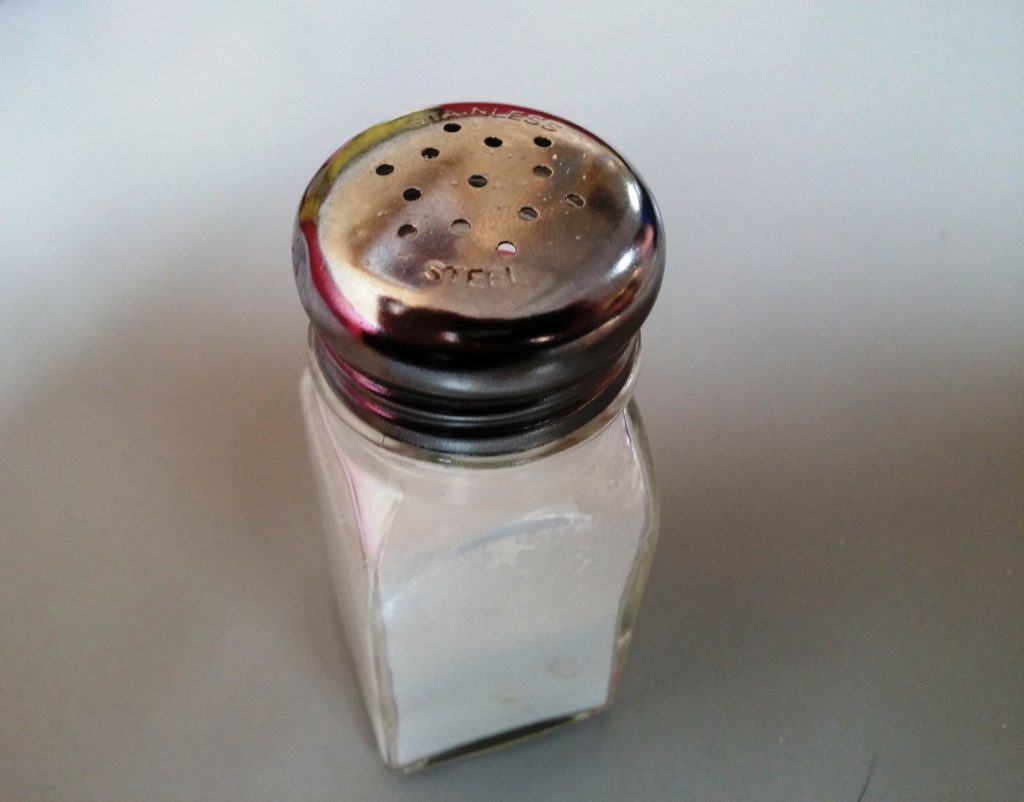
BMI obsession
I am the first to admit having fallen victim to this, since grabbing a scale and checking weight gain or calculating your BMI is fast and easy to do, but in reality it means nothing about your health and can cause unhealthy perceptions and decisions with working out and eating right. Muscle weighs more than fat, and simple water consumption will cause large fluctuations in weight that are not permanent or significant. Gaining weight is good for you. IF you really want to check in with your body once in awhile, take the time to actually take measurements and calculate body fat percentage rather than weight, which can be a better tell tale of how healthy and strong your body is. However, focusing on measurements is never the best idea. Rather, focus on how you feel, your energy levels, and what your physician tells you after running ACTUAL tests of health.
Finally: fad diets. YOU KNOW THEY ARE BAD AND UNSUSTAINABLE, SO DO NOT DO THEM!!
Former Grayslake North dancer Kaitlyn teaches zumba classes and is a Health Sciences major at the University of Missouri. She’s also 8CA’s hip hop and jazz choreographer!
